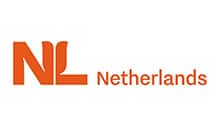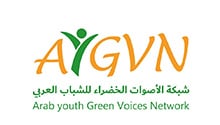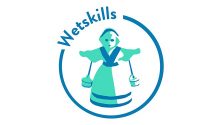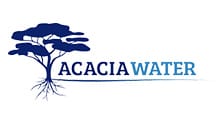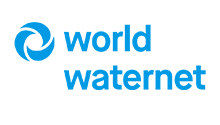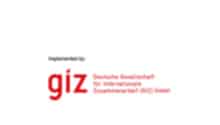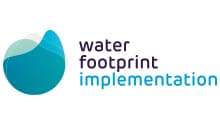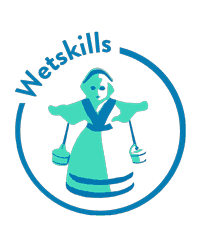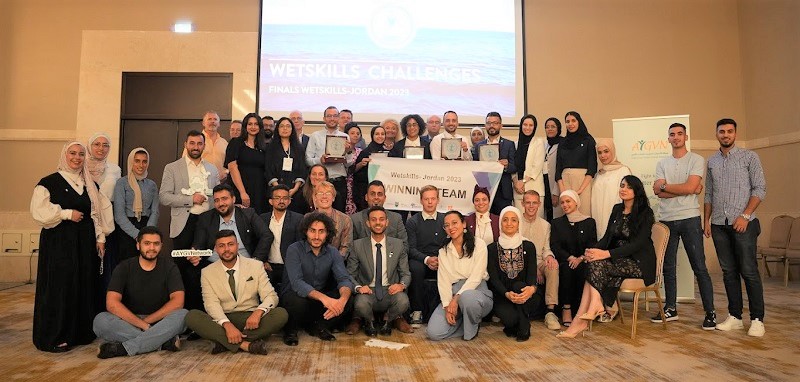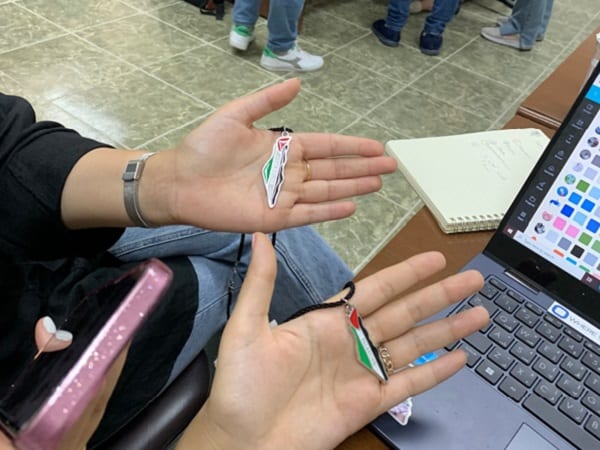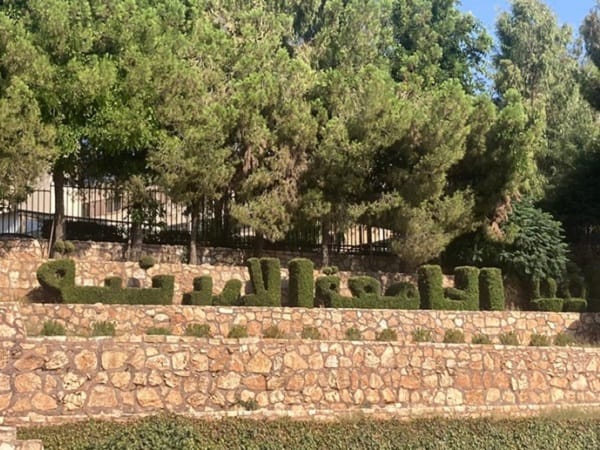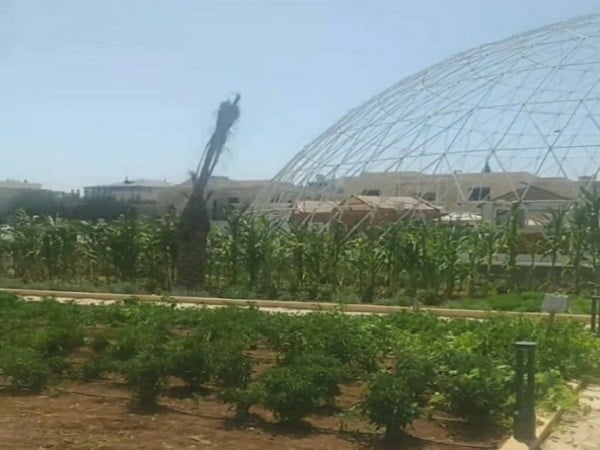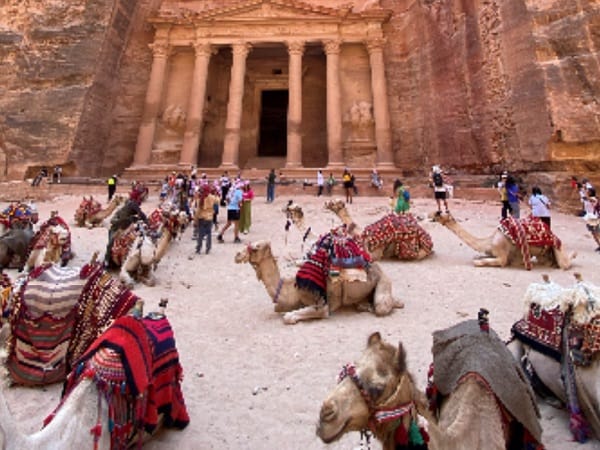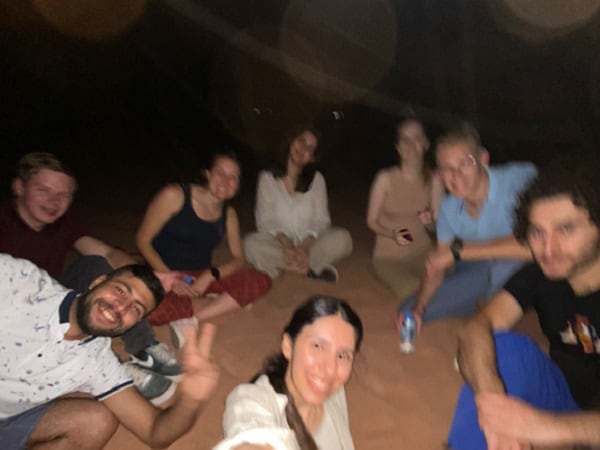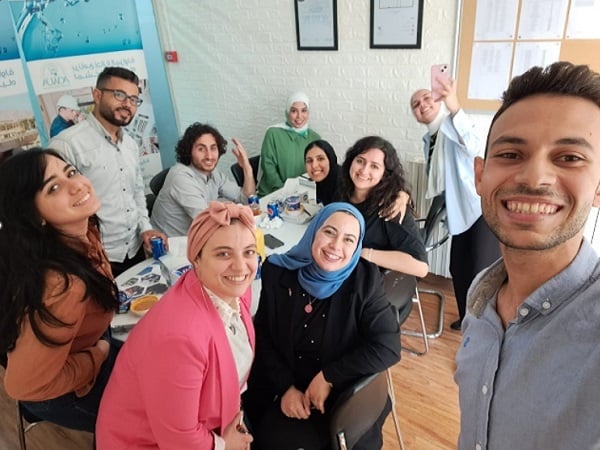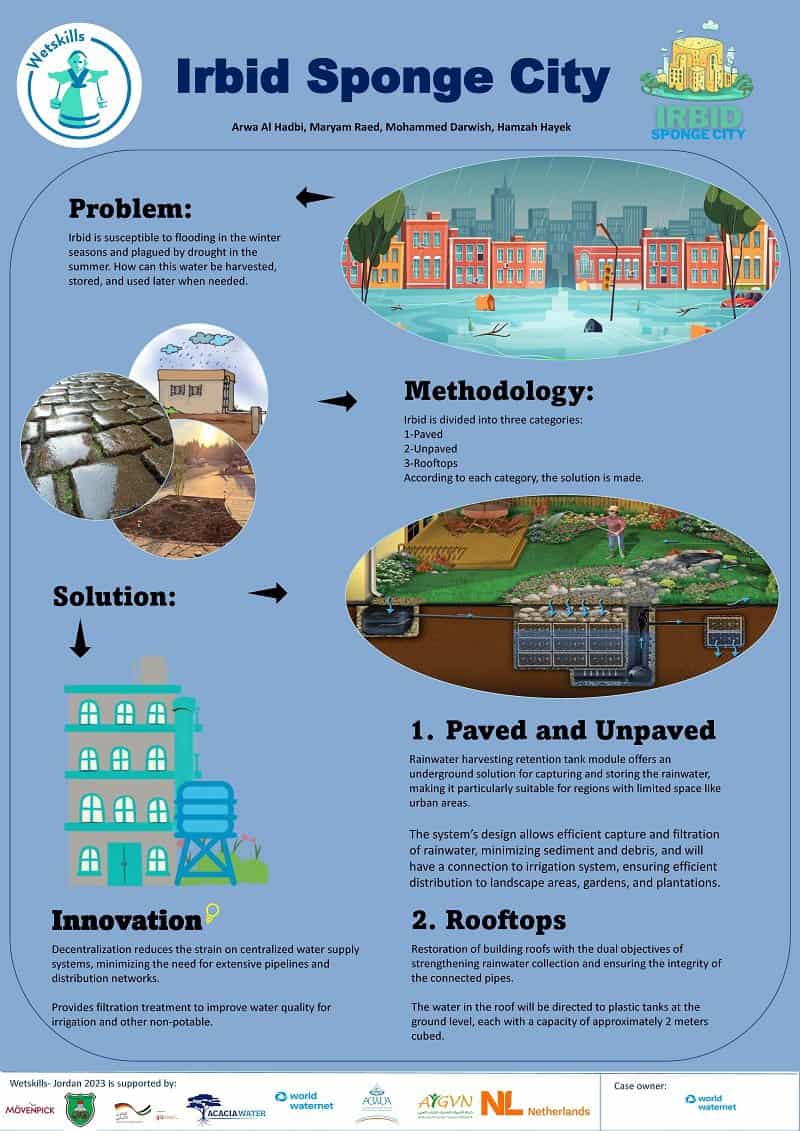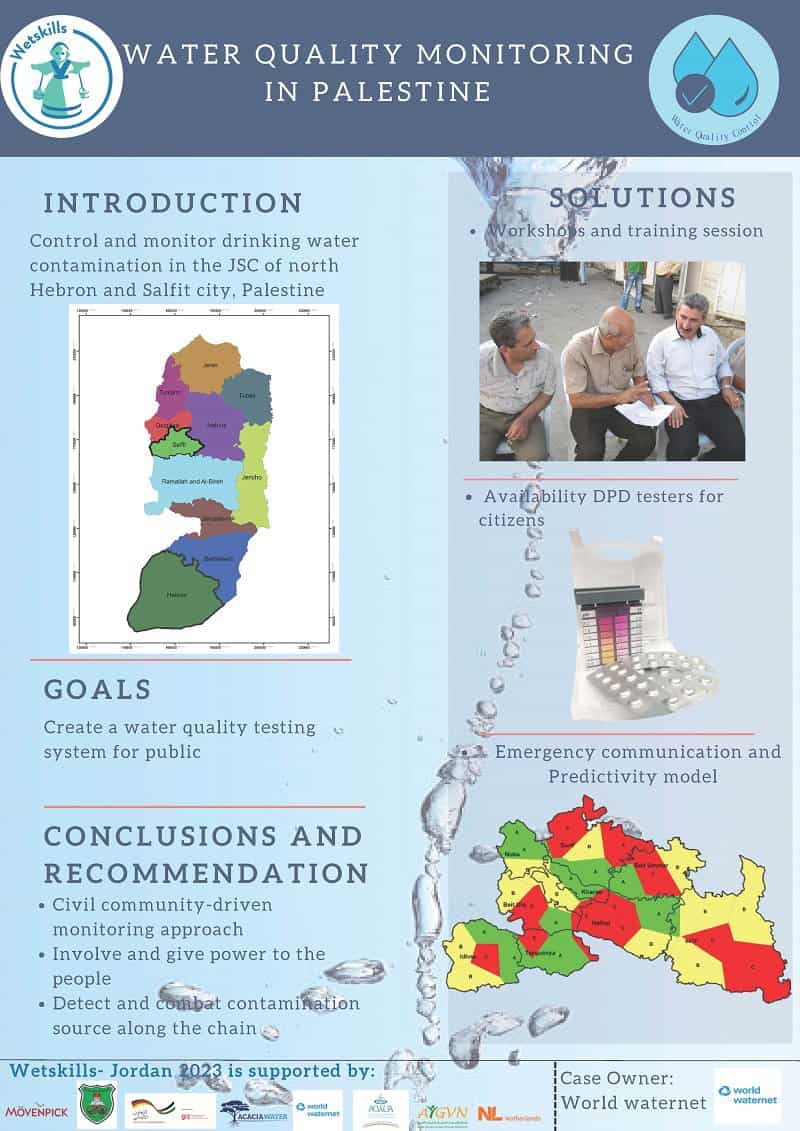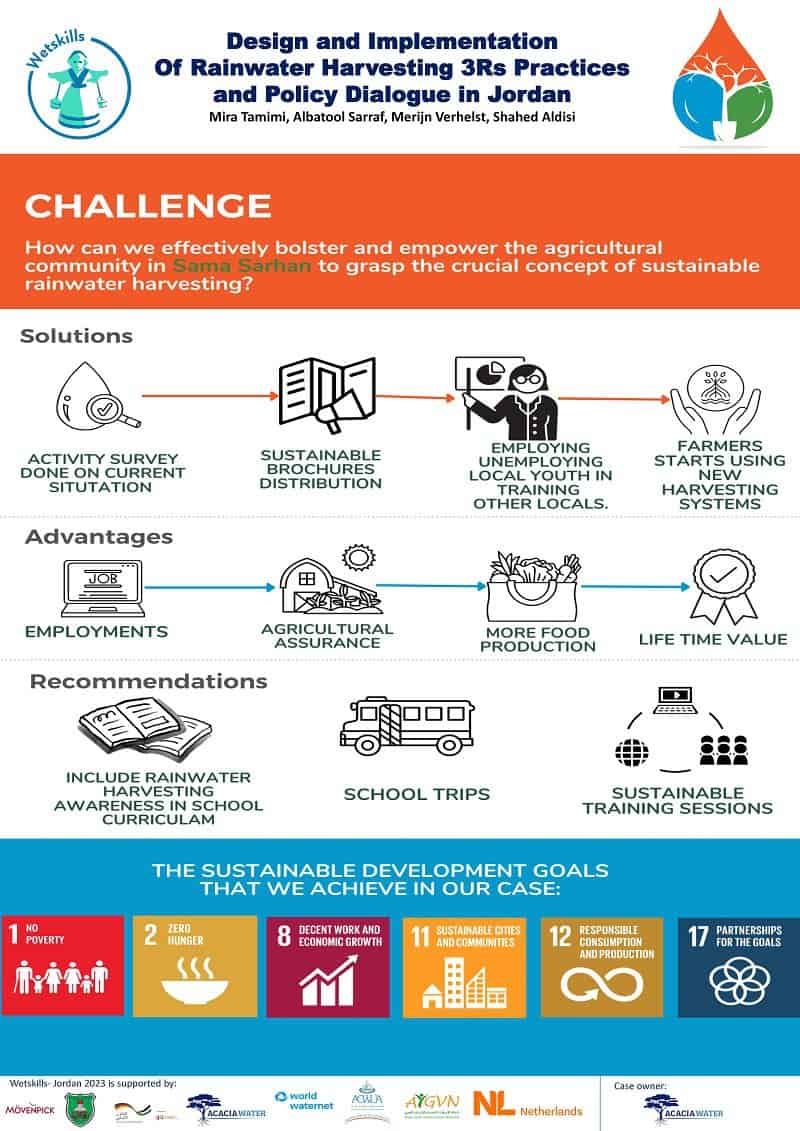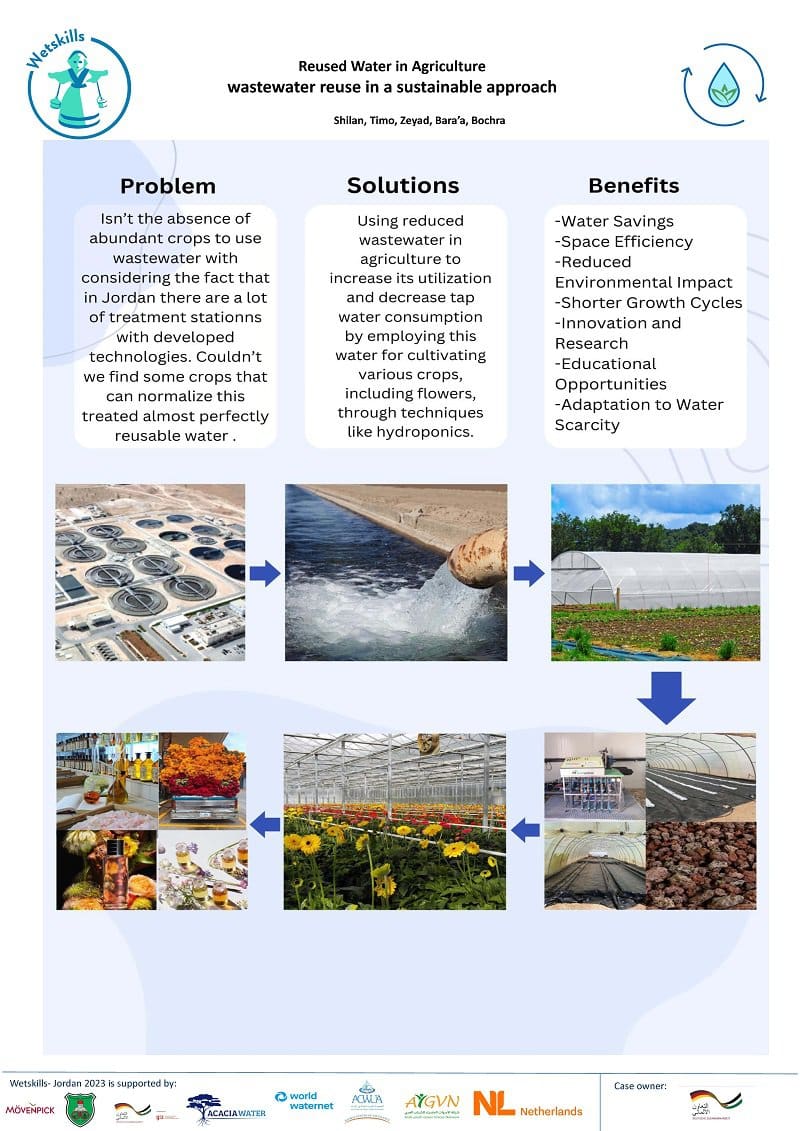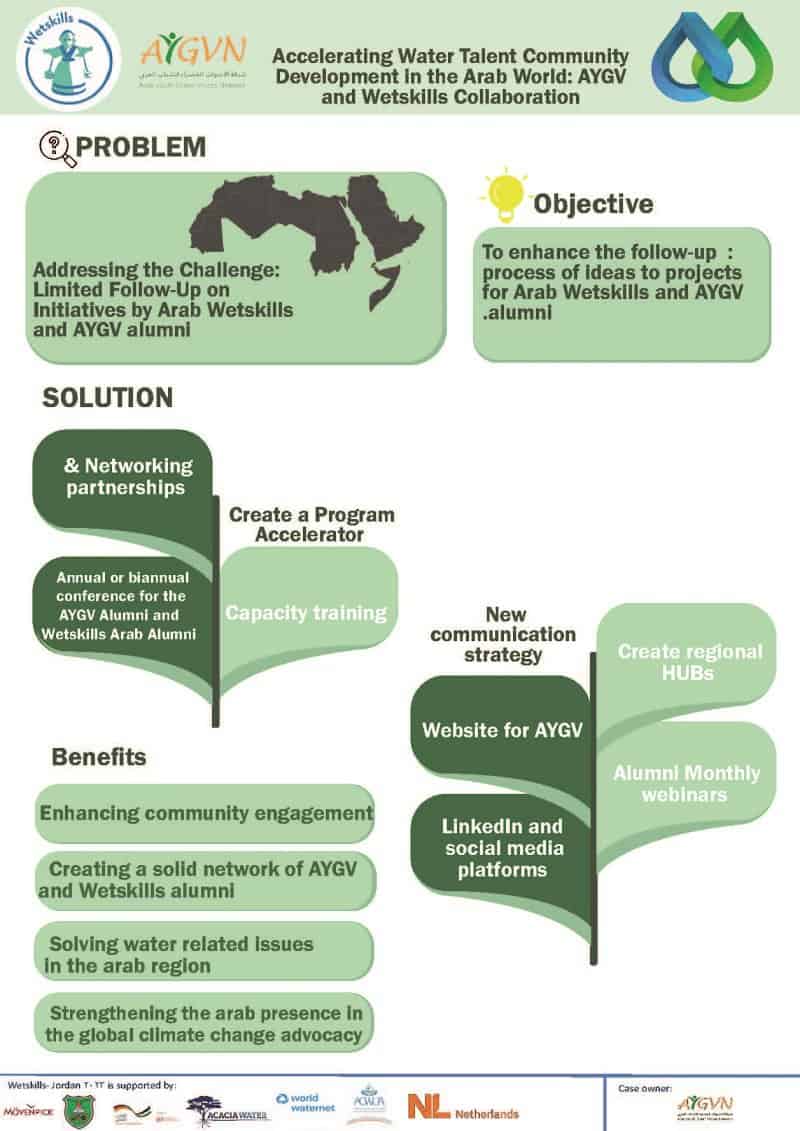
- This event has passed.
Wetskills-Jordan 2023
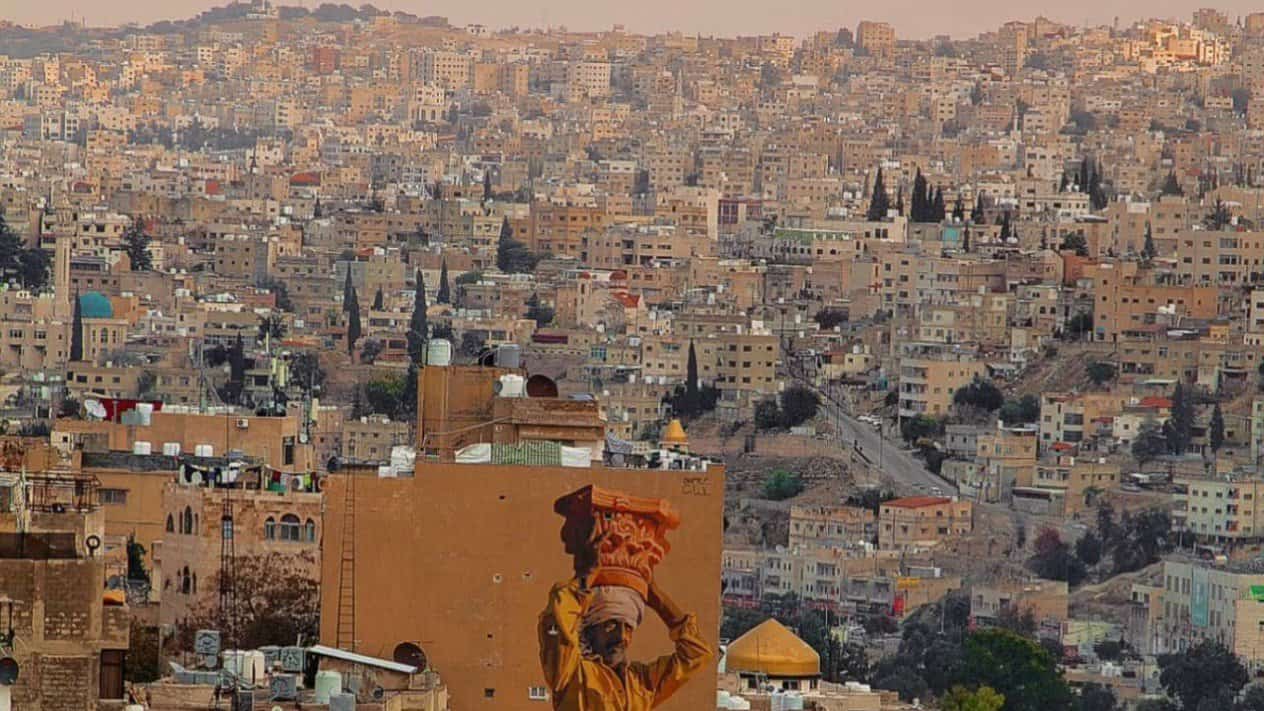

Co-creating Water solutions in MENA region: follow us in Wetskills Jordan
Wetskills was organizing this great event for students or young professionals from Jordan, MENA region, or beyond, who want to make a difference in the water sector. Participants shared their enthousiasm, and experienced working in an international team on challenging water & sustainability issues, and solve water cases with out-of-the-box solutions. All teams made a poster and pitch, to present their ideas for an international jury panel and audience. Follow us in this event, the first Wetskills edition in Jordan!
The first Wetskills in Jordan! with a great welcoming dinner and the group picture after the Finals ceremony.
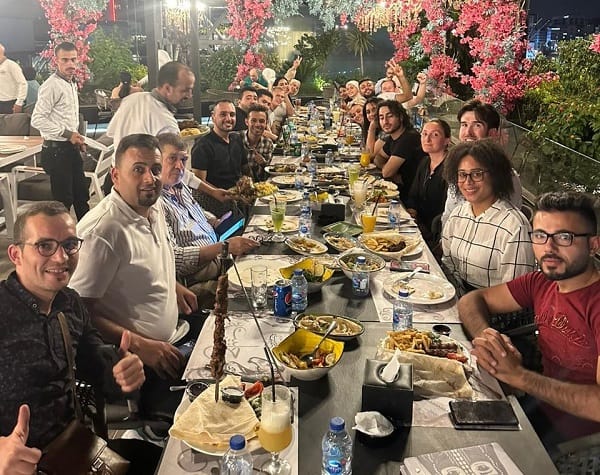
Watch the video: Wetskills-Jordan 2023!
Event info

Programme Wetskills-Jordan 2023 (draft)
Follow Wetskills
Wetskills to Palestine in 2022 (movie)
Find an impression of another Wetskills event in MENA region and watch the movie from Palestine 2022.
Joining this Wetskills Event – What do you get?
A unique learning experience where you will tackle real-life water challenges with your own team!
- You will increase your skills in: international cooperation; problem solving, cross-cultural and interdisciplinary teamwork, networking and presenting (pitch & poster);
- You will get the opportunity to connect with other international water students/young professionals;
- You will exclusively visit the Wetskills finals and awarding a inspiring workshop with the Arab Youth Green Voices programme;
- You will visit Amman and surroundings: water-related, natural and cultural sites, and meetings with water experts;
- You will learn, network and experience more about international and regional water challenges, the main stakeholders and organizations, contemporary issues and current business opportunities;
- You will receive a certificate of participation upon completion of the program.
More information
Participants from MENA region: contact Loay Alatrash, loay.alatrash@wetskills.com ; participants from other countries: contact Johan Oost, johan.oost@wetskills.com
Tuesday, 22 August: Finals & Awarding Ceremony!
All teams presented their ideas for the cases with a poster & a pitch.
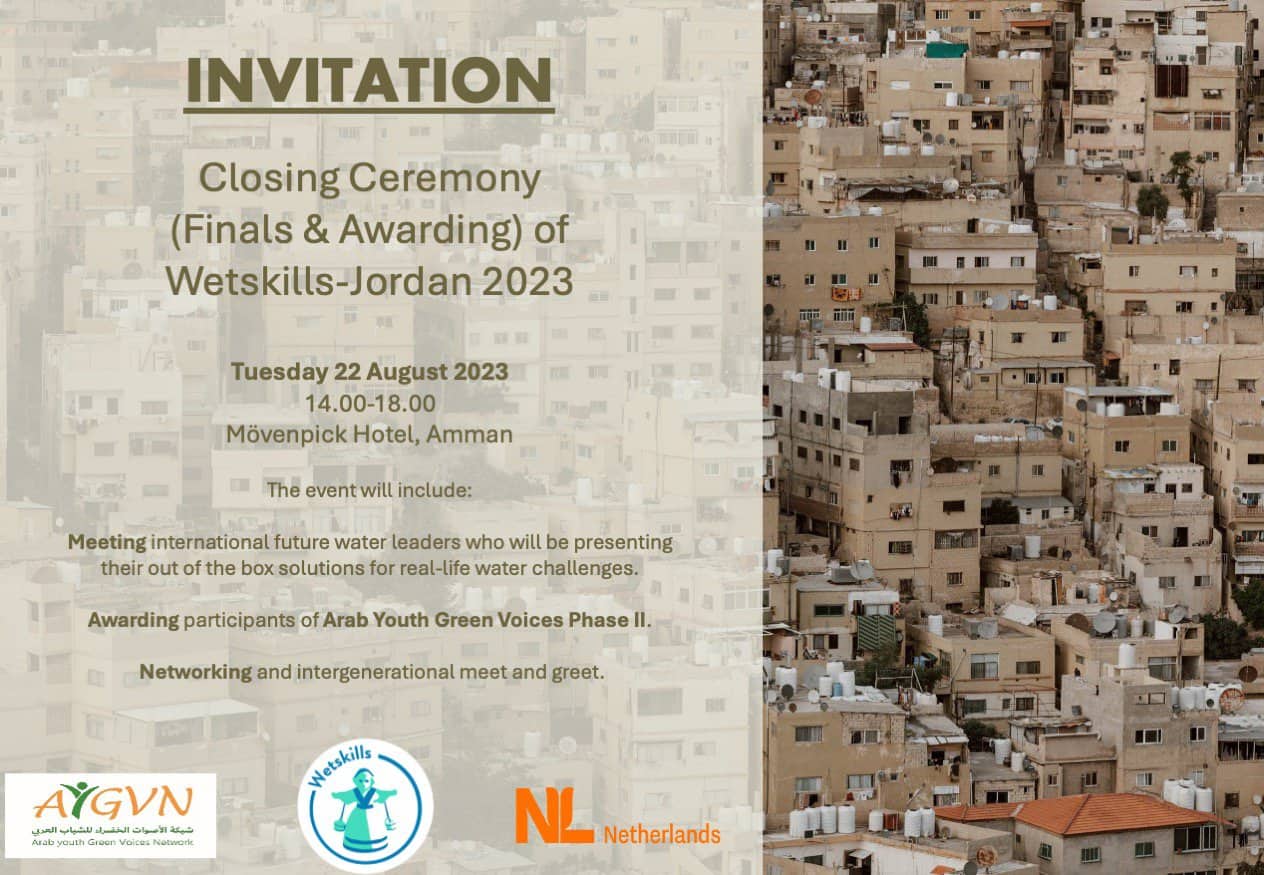
Event Blogs

University of Jordan Nostalgia
Advice by engineers from Rawabi Farah
Wadi Rum desert & Petra city
Work on our case & night dancing in the desert
Day of shared insights and teamwork
Event Cases

Case 1: Sponge City Irbid
Case owner: World Waternet
Jordan faces a severe water crisis due to limited rainfall; mean annual rainfall is only 107 mm of which 75% falls during winter. In Irbid, in the North of Jordan, World Waternet has a Water Operators Partnership with Yarmouk Water Company, the drinking water and waste water company. For this case we want to find solutions on how rainwater can be harvested and used in a later stage. The short rainfall period causes overflows of the sewerage system and it is a struggle to produce enough drinking water. Irbid is warm, water demand is high, for both households as well as industries and agriculture. Making use of nature based solutions, how can rainwater be harvested? Where can this water be stored? And how to reduce the need for drinking water, and prepare for future changes like climate change and a growing population?
Case 2: Water Quality Monitoring
Case owner: World Waternet
Ensuring safe drinking water is vital for public health, yet maintaining water quality in distribution networks presents challenges. Scarce water amplifies contamination risks, aggravated by inadequate sanitation. Collaborative efforts and innovative technologies are key. For this case, the task is to design a cost-effective monitoring and communication plan, adhering to WHO standards. Using two case study areas, North Hebron and Salfit area in the West Bank, the monitoring system should be adapted to regional circumstances and constraints, like considering possible contamination by rooftop tanks, supply interruptions, contamination hotspots, climate change, and existing lab infrastructure.
Case 3: Rainwater Harvesting for farmer communities
Case owner: Acacia Water
This case is part of a project by Acacia Water, to promote, pilot and have discussions about rainwater harvesting and nature-based solutions in Jordan. The project is supported by the Dutch Embassy, with an ambitious portfolio of work on the role of nature in helping to address societal challenges, like water and soil conservation, and climate change mitigation. The assignment for this case: How can the widespread adoption of rainwater harvesting and nature based solutions for farmer communities be realized, through a comprehensive model that ensures sustainable integration of strategies, taking into account all relevant factors, such as water security, employment prospects, effective communication and community engagement?
Case 4: Sustainable Wastewater Reuse
Case owner: GIZ
Wastewater reuse is a sustainable approach to address water scarcity and environmental concerns. Treatment of wastewater and repurposing the effluent for various non-potable applications, such as irrigation and industrial processes, could be a way to reduce pollution and at the same time conserve freshwater resources. The project is working on promoting a more efficient and responsible water management system. The assignment for this case is: Assess the feasibility and potential benefits of implementing a wastewater reuse system in a specific region or industry. And also: how should social acceptance of using treated wastewater for landscape irrigation be defined?
Case 5: Action-driven follow-up of great ideas
Case owner: AYGV & Wetskills
‘Stop Talking, Start Doing and talks in Arabic’. That was the result of the Arab Youth Green Voices (AYGV) participation on COP27 In Sharm Al-Sheikh in 2022. AYGV and Wetskills are youth programs which have been uniting talent for more than a decade. A lot of co-creation (like Wetskills ideas) and community building have been realized. The challenge of this case: Empowering an Alumni Community for Action-driven follow-up of great ideas in Arab Countries. How can AYGV and Wetskills accelerate follow-up activities of fresh (WetsNext) ideas with the combined Water Talent Community?
Event Partners

